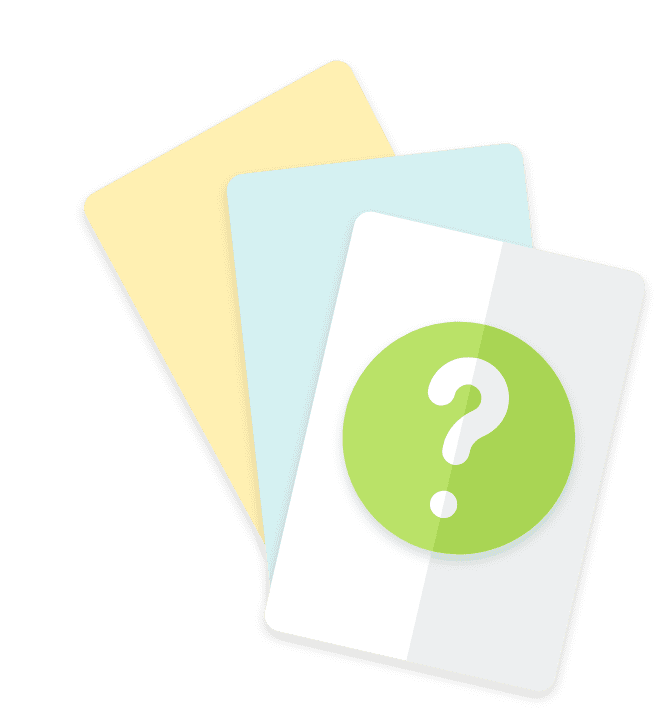Four Leadership Lessons I Got Wrong
In this week’s Facilitator Tips episode, I discuss four leadership lessons I learned long ago that I now understand or see differently today.
<< Go to Episode 55 Go to Episode 57 >>
It’s fair to say that as my career has matured, I have come to understand more about these aspects of group facilitation and experiential learning in a very different light.
You could think of this conversation as correcting my initial misunderstandings, a bit like “that was then, and this is now.”
Click the play button above to discover the four leadership lessons I got wrong and why.
Want to join the conversation?
Please leave a comment at the bottom of the page (you must be logged in.)
Don’t have a playmeo account? Join today.
Useful Links & Resources
- The difference between Experiential Learning and Learning by Doing – click this link to view Episode 37 in this series to discover the key distinguishing feature that unlocked a whole new understanding for me.
- The power of building connections first – click this link to view Episode 38 in this series to better understand why I now fully endorse any activity that builds connections before content in my programs.
…EE
Video Transcript
Hi and welcome to Episode 56 of the Facilitator Tips video series.
My name is Mark Collard, I’m an experiential trainer and author, and in this episode, I want to focus on those things that I’ve learned in the past that I now see differently.
In many ways this is a bit like the question, hey if you could be 20 years old again what would you do differently given what you know now. And so I’m going to look at over the course of my career things that I’ve particularly learned fairly quickly or understood early in my career that I now see really differently, through very different lenses.
The first one is my understanding of experiential learning, and I talk more about this in Episode 37. You know, experiential learning is not the same as learning by doing which was my initial understanding, and there’s a big difference between those two points. The major distinction is the absence of reflection.
As a methodology, experiential learning must involve forms of reflection. And I didn’t have that understanding in the beginning of my career. And now it’s made me far more powerful as a facilitator of change.
I used to also believe that a string of activities were imbued with some sort of magic, that there was just something in the activity that allowed my group to transform, and that’s just not true, because I’ve seen the same activities led by other facilitators and colleagues and they get a really different result or indeed some of the people I train doing the same activities and they get a very different result.
So there is no magic in the activities. If anything, the magic is the philosophical framework in which I present this information. So there’s no magic. It’s just what I bring to it.
Being myself. To be fair and I will freely admit this, that in my first five years professionally I was trying to be my heroes and heroines, doing what they did. And look, that worked, but as I gradually became more comfortable in my own skin I discovered that that was actually more important. And that was exactly what my heroes and heroines were doing, was being themselves. So again I see that differently.
I’m not trying to be something I’m not. I’m trying to be authentically me in front of my group.
And finally, and this is growing gradually over the course of particularly the last 10 or 15 years, the power of connections. The more time and energy, and it always takes that, the more time and energy I can invest in my group to help them connect, the more it will amplify whatever we’re trying to get done.
Again I can give you more details about that in Episode 38 of this series.
So they’re just four things that in particular are really critical about what I’ve understood back then has now changed in my career now. There’s going to be a number of notes in the show notes, so go to www.playmeo.com and then Episode 38… no, no, Episode 56.
Anyway, the show notes will have the correct link. Go there and learn more information about this episode.
Until then, I’ll see you. See you later. Bye-bye.








There are currently no comments